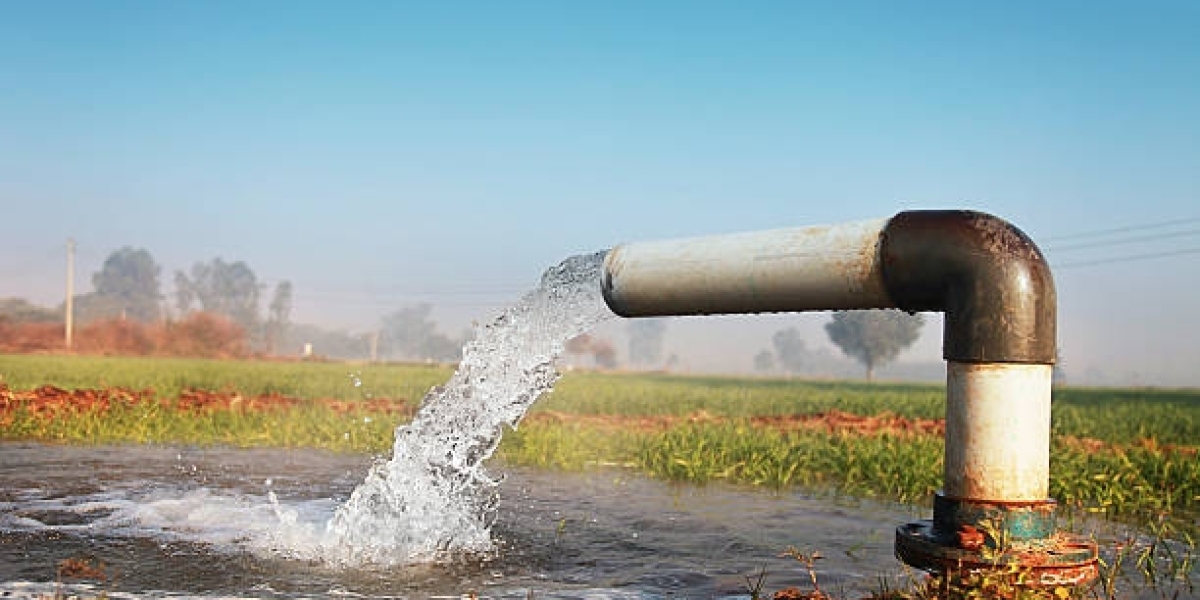What is Grant Writing?
Grant writing is the process of creating proposals to request funding from government agencies, foundations, corporations, or other grant-making organizations. A well-crafted grant proposal provides potential funders with the information they need to assess the need for your project, how it aligns with their goals, and why your organization is best positioned to execute it. Grant writing typically involves a narrative that outlines the project’s objectives, budget, timeline, and outcomes.
Key Elements of a Grant Proposal
While the exact structure of a grant proposal can vary depending on the funder’s guidelines, most proposals share common components:
- Cover Letter: A formal introduction that briefly explains your organization and the purpose of the grant.
- Executive Summary: A concise overview of the project, including objectives, activities, and expected outcomes.
- Statement of Need: A compelling description of the problem or need that your project aims to address. This section should be backed by data, research, or testimonials.
- Project Goals and Objectives: Clear, measurable goals that explain what you plan to achieve with the grant funding.
- Project Design and Implementation: A detailed plan of action, including methodologies, strategies, and activities to carry out the project.
- Evaluation Plan: A description of how you will assess the success of the project and measure outcomes.
- Sustainability Plan: A plan for how the project will continue once the initial grant funding ends, whether through additional funding or other resources.
- Budget: A detailed breakdown of how the grant money will be spent, including personnel, equipment, supplies, and other necessary resources.
What is Grant Management?
Grant management refers to the process of administering a grant from the time it is awarded until the project is completed. Effective grant management ensures that funds are used efficiently, milestones are met, and outcomes are achieved. It includes monitoring the progress of the project, ensuring compliance with the terms of the grant, reporting on financials, and managing any modifications or issues that arise.
Key Phases of Grant Management
Pre-Award Phase
- Identifying Funding Sources: Before writing a grant proposal, organizations need to identify potential funding sources. This can involve researching grant databases, foundations, or government programs that align with your project.
- Building Relationships: Establishing relationships with funders can increase your chances of securing funding. Many funders offer pre-application consultations to discuss your project and ensure it aligns with their funding priorities.
Award Phase
- Receiving the Grant: Once your proposal is successful, you’ll receive the grant award. At this stage, you must review and understand the terms and conditions of the award, including funder expectations, timelines, and reporting requirements.
- Contract and Agreement: Grant recipients often need to sign an agreement outlining the specifics of the grant, including how funds will be allocated, milestones, and compliance requirements.
Implementation Phase
- Project Execution: This is when the project officially begins. It involves coordinating activities, hiring staff (if necessary), procuring materials, and implementing the plan outlined in the proposal.
- Financial Tracking: Proper financial management is critical. Keep track of how the funds are spent and ensure that expenditures match the budget submitted in the proposal. This helps avoid audits or funding disputes later.
Monitoring and Reporting Phase
- Progress Monitoring: Throughout the project, track progress against the goals and objectives laid out in the grant proposal. Use tools like project management software or spreadsheets to record milestones and deliverables.
- Interim Reporting: Many grants require progress reports throughout the project period. These reports may include updates on project activities, finances, and outcomes. Ensure that these reports are submitted on time and in compliance with the funder's guidelines.
Closing Phase
- Final Report: Upon completion of the project, submit a final report that outlines the achievements, challenges, and overall impact of the project. Include any financial summaries and a final accounting of how the funds were used.
- Post-Grant Evaluation: A thorough evaluation of the project’s outcomes is essential for future funding requests. This can include internal assessments and surveys from stakeholders or beneficiaries.
The Importance of Grant Writing and Management
1. Funding Opportunities
Grant writing is an essential tool for securing funds to support a wide range of projects, from scientific research to community development to educational programs. Properly written grant proposals increase your chances of receiving funding, enabling you to achieve your organization’s goals and make a positive impact on your community or field.
2. Compliance and Accountability
Grant management ensures that organizations are accountable for how they use grant funds. Mismanagement can lead to financial penalties, disqualification from future grants, or reputational damage. Adhering to funder guidelines and reporting requirements is vital to maintaining eligibility for future funding opportunities.

3. Project Success and Sustainability
Effective grant management ensures that projects are completed on time, within budget, and in alignment with the proposed objectives. It also helps identify any potential risks or challenges early on so that corrective actions can be taken. Furthermore, a well-managed grant leads to better outcomes, demonstrating to funders that your organization is capable and trustworthy—thus increasing the likelihood of future funding.
4. Relationship Building
Strong grant management and reporting demonstrate reliability and transparency, which can help build long-term relationships with funders. Positive relationships with funders often lead to repeat funding and expanded opportunities. Regular communication and updates show that you are committed to the success of the project and to using funds effectively.
Best Practices for Grant Writing
To improve your chances of winning a grant, follow these best practices in grant writing:
1. Be Clear and Concise
Funders review numerous proposals, so it’s important to make your proposal clear, focused, and concise. Avoid jargon or overly technical language unless necessary, and ensure that your proposal is easily understood by both technical experts and laypeople.
2. Follow Guidelines Carefully
Each funder will provide specific guidelines on how to submit a proposal. These guidelines might include word limits, required documents, or formatting instructions. Be sure to follow these guidelines exactly. Proposals that do not adhere to the instructions may be automatically disqualified.
3. Demonstrate Need and Impact
Clearly define the problem or need your project addresses, and explain how the project will provide measurable solutions. Use data, case studies, and other evidence to strengthen your case. Show how the project will create a lasting impact and benefit the target community or field.
4. Include a Realistic Budget
A clear, realistic budget is essential for a strong proposal. Be transparent about how funds will be allocated and ensure that the budget aligns with the project’s goals. Include any cost-sharing or matching funds, if applicable, and justify each expense.
5. Be Specific About Outcomes
Clearly define what success looks like for your project. Use specific, measurable, achievable, relevant, and time-bound (SMART) goals and outcomes. Funders want to know how they will know if the project is successful, so provide a clear evaluation plan.
Best Practices for Grant Management
Effective grant management requires strong organizational and financial oversight. Here are some best practices to keep in mind:
1. Create a Grant Management Plan
A detailed grant management plan should outline the project’s objectives, timelines, budget, and staffing needs. It should also include a process for tracking expenses, monitoring progress, and submitting required reports. This plan serves as a roadmap for ensuring that the project stays on track and meets funder expectations.
2. Maintain Accurate Records
Keeping accurate, up-to-date records is essential for grant management. Maintain detailed financial records, including receipts, invoices, and payroll records. These documents are necessary for audits, interim reports, and final reports. An efficient record-keeping system helps avoid mistakes and ensures transparency.
3. Communicate Regularly with Funders
Good communication with funders is essential for successful grant management. Provide regular updates, report on milestones, and address any challenges or delays. If there are changes to the project’s scope or timeline, inform the funder as soon as possible. Open, honest communication fosters trust and a positive relationship.
4. Prepare for Audits
Many government and foundation grants require audits, especially if the amount is large. Be prepared by ensuring that all records are in order and that you can demonstrate how the funds have been used. Regularly conducting internal audits or reviews can help identify any discrepancies early.
5. Measure and Report on Outcomes
Ensure that you are tracking the outcomes of the project as defined in your proposal. Use data, surveys, and other tools to measure success. Reporting on these outcomes not only fulfills the grant’s reporting requirements but also strengthens your case for future funding.
Conclusion
Grant Writing and Management are critical to securing funding and successfully executing projects. A well-written proposal can help you obtain the financial resources you need to support your organization’s mission, while strong grant management ensures that those funds are used effectively and in compliance with the funder’s guidelines. By following best practices for both writing and managing grants, organizations can maximize their impact, build strong relationships with funders, and ensure long-term sustainability.









